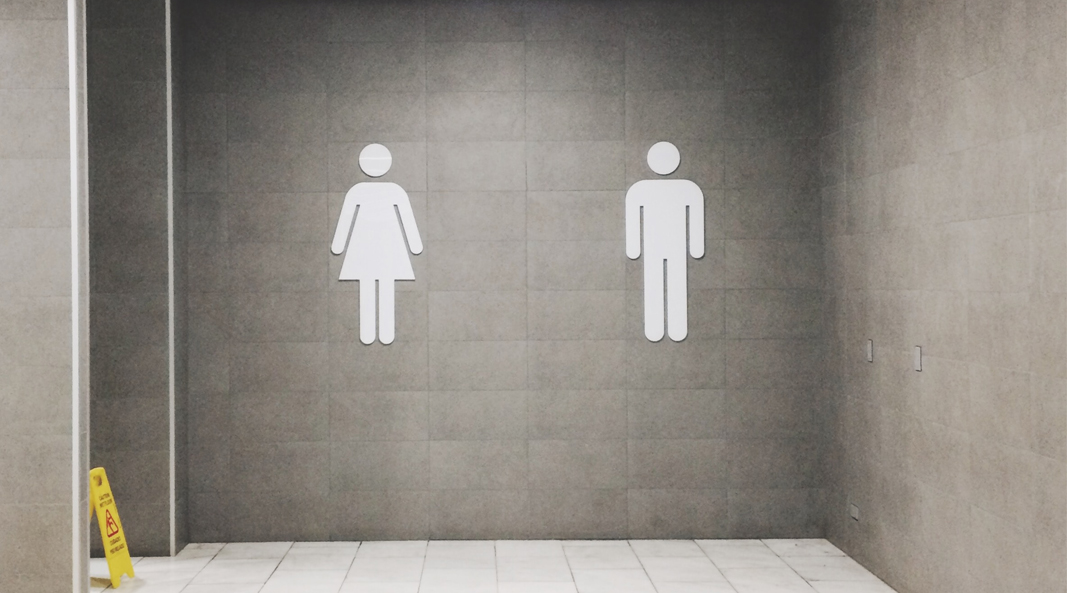In a case involving high school bathrooms that has bounced around the federal courts of Virginia since 2015, even making it to the U.S. Supreme Court once, another disappointing ruling was recently handed down. For the second time, federal District Court Judge Arenda Wright Allen has ruled that Gavin Grimm, a biological female who identifies as male, was discriminated against by her school when it denied her access to the boys’ restrooms. The school offered Grimm the use of a private faculty restroom, but she and her parents objected and brought suit against the Gloucester County, Virginia school board.
Grimm is now 20 and lives in California, but has pressed her claim against the school board in order to force the school to change her transcript, which still identifies her as female. She has also said that she wants the right to use the boys’ restrooms at the school when she comes back for reunions and other school events.
One of the ironies of this case is that Grimm claims that Title IX, the federal law that prohibits sex discrimination in education, requires that her “gender identity” be recognized, even if it differs from her biological sex. Yet Title IX allows schools to protect men and women’s privacy by maintaining sex-segregated facilities. By Grimm’s reasoning, affirmed in this latest ruling, biological women are entitled to use a men’s bathroom (and vice versa). That’s the exact opposite of Title IX’s clearly intended protections for the two sexes.
How did we get here?
The Obama administration, and a few federal courts over the years, redefined the word “sex” to include “gender identity” in several federal nondiscrimination laws. The tortured reasoning necessary to conclude that females can be males (and vice versa) is made easier by applying the lexicon of this sexual ideology, which asserts that babies’ sexes are “assigned” at birth—implying a fluidity or even a possible mistake—that can be corrected at a later date by an individual’s choice of a “gender identity.” Helping to perpetuate this fraud are medical organizations such as the American Psychiatric Association and the American Psychological Association, whose LGBT subcommittees work to ensure that transgender ideology is given a medical veneer. Activist courts then point to these medical associations as “authoritative” sources for then redefining otherwise unambiguous terms like “sex.”
Judge Allen buys into this ideology, and applying the Alice-in-Wonderland notion that “a word means just what I choose it to mean,” concludes that a female can be a male. And for good measure she threw in an equally convoluted 14th Amendment “equal protection” basis for why men and women, confused about their sexuality, are entitled to use the bathroom of their choice.
Lost in the process, however, is the notion of a person’s bodily privacy. And that Title IX specifically protects that bodily privacy by allowing for sex-segregated facilities, programs and housing.
The case will head back up to the 4th U.S. Circuit Court of Appeals for another go-round on these issues. This time, however, the 4th Circuit has benefitted from several new constitutionalist judges appointed by President Trump. Hopefully, that will make a difference.
And the Supreme Court is set to hear three cases in October which will examine the very issue of an agency’s or court’s hubris in redefining the word “sex” to mean something other than what Congress intended. Any decision it reaches will no doubt have an influence on whatever the 4th Circuit does in the Gavin Grimm case.






